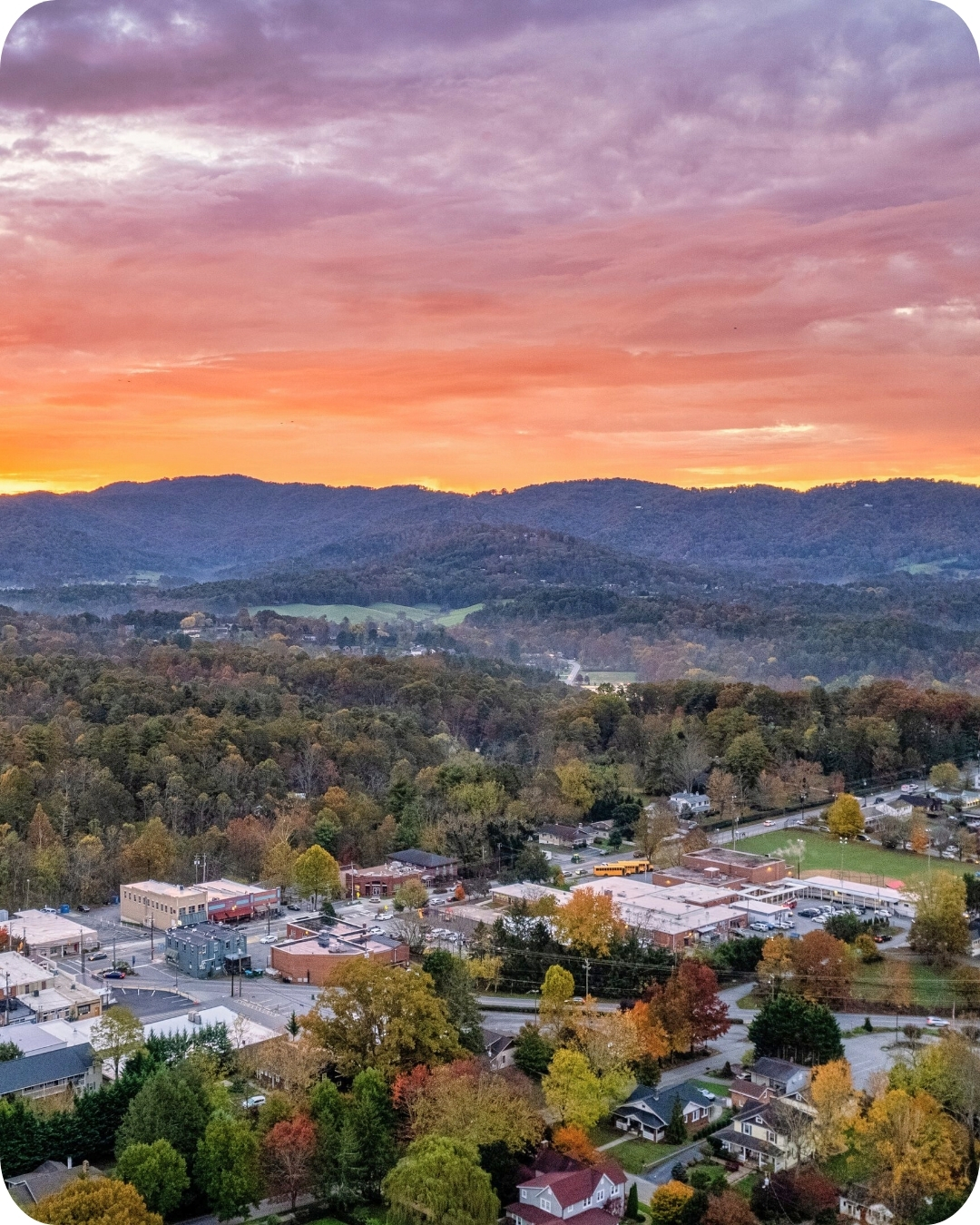Thinking about buying a home or land in Western North Carolina? Whether you’re a local buyer or relocating from out of state, knowing the hidden nuances of the WNC real estate market can give you a serious advantage.
From mountain views to quiet acreage, this region offers incredible opportunities—but there are also unique challenges. In this guide, we’ll share 10 best-kept tips to help you make a confident, informed decision when buying in Western North Carolina.
1. Tap Into the “Whisper Market”
Some of the best properties in small mountain towns like Weaverville, Flat Rock, or Black Mountain never hit the MLS. Instead, they’re sold through agent networks or private word-of-mouth.
Pro Tip:
Work with a well-connected local agent who can access off-market or “coming soon” listings before they go public.
2. Understand Micro-Markets by Community
WNC isn’t one-size-fits-all. Home values and trends vary drastically—even within the same county.
Example:
A home in East Asheville may have a very different price per square foot than one just across the ridge in Swannanoa or Fairview.
Pro Tip:
Ask your buyer’s agent for hyper-local market comps before making an offer.
3. Don’t Assume There’s High-Speed Internet
Not every mountain property is internet-friendly. Many scenic, remote homes lack fiber or even reliable broadband.
What to Check:
- Is high-speed internet (fiber or cable) available?
- If not, what are the satellite or cellular options?
Pro Tip:
Verify internet availability early—especially if you work remotely or plan to stream.
4. Water Features Add Value—But Do Your Homework
Creeks, streams, springs, or waterfalls can boost a property’s appeal and price—but they come with questions.
Ask About:
- Water rights
- Year-round vs. seasonal flow
- Whether the feature is spring-fed or runoff-based
Pro Tip:
A small year-round spring can add long-term value, especially for homesteaders or gardeners.
5. Watch for Steep Slope and Septic Restrictions
Western NC’s mountain terrain is beautiful but can complicate building, especially with raw land.
Key Considerations:
- Is the property in a steep slope overlay zone?
- Has it passed a recent percolation (perc) test for septic?
Pro Tip:
Before making an offer on land, verify buildability with local zoning and environmental health departments.
6. Verify Road Access and Maintenance Agreements
In rural areas, private roads or shared driveways are common—but not always maintained.
Ask About:
- Is there legal access recorded in the deed?
- Is the road state-maintained or private?
- Who maintains it (HOA, neighbors, or no one)?
Pro Tip:
Lenders often require a road maintenance agreement for mortgage approval.
7. Unique Properties Can Have Financing Challenges
Log cabins, tiny homes, or off-grid properties are popular—but they’re not always easy to finance.
Common Issues:
- Non-conforming structures
- No permanent foundation
- Lack of utilities or permits
Pro Tip:
Work with a lender who specializes in mountain, rural, or non-traditional properties.
8. Don’t Underestimate the Value of a View
Local sellers often don’t realize how much out-of-state buyers are willing to pay for a long-range mountain view, privacy, or proximity to hiking trails.
Pro Tip:
If you find a view home underpriced for its setting, act quickly—it may not last long.
9. Local Wildlife Is Part of the Package
Living in the mountains means sharing space with deer, wild turkeys—and yes, black bears.
Considerations:
- Use bear-proof trash bins
- Avoid leaving pet food outside
- Understand fencing needs for pets or gardens
Pro Tip:
Ask about wildlife history before moving to a rural area, especially if you’re new to mountain living.
10. Land Can Be a Hidden Gem—If You Know What to Look For
Acreage in counties like Mitchell, Swain, or Yancey can be surprisingly affordable—but make sure you understand the restrictions.
What to Check:
- Zoning ordinances
- Conservation easements
- Logging or mineral rights exclusions
Pro Tip:
A buyer’s agent familiar with rural land can help you avoid costly surprises.
Ready to Buy in Western North Carolina?
Buying in WNC isn’t just about square footage—it’s about lifestyle, landscape, and long-term potential. With a local expert by your side, you’ll uncover opportunities others might miss.
At CENTURY 21 Connected, we help buyers navigate the region’s diverse terrain, market quirks, and hidden gems with confidence.
👉 Contact us today to connect with a local buyer’s agent and start your Western North Carolina property search the smart way.


 Facebook
Facebook
 X
X
 Pinterest
Pinterest
 Copy Link
Copy Link



